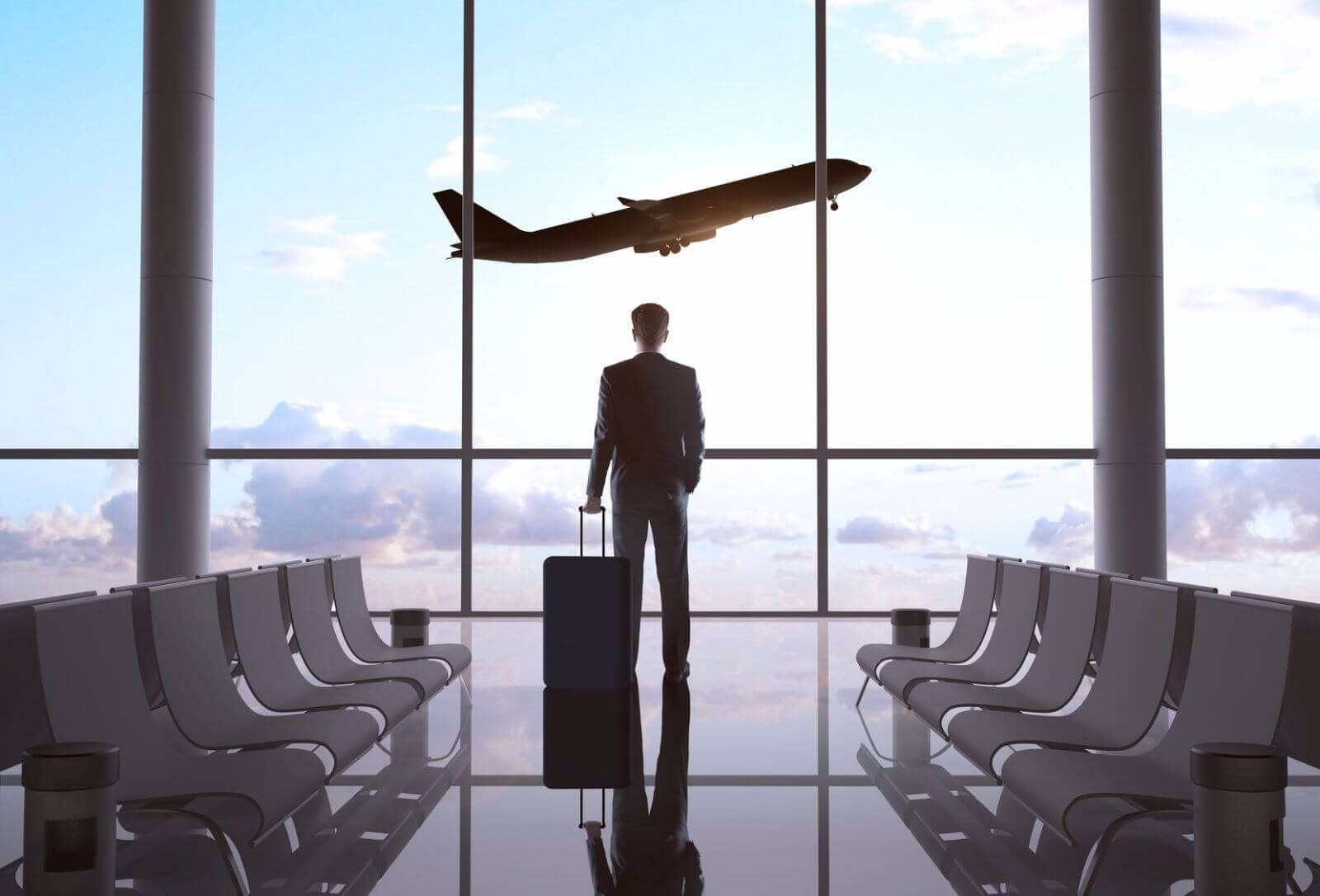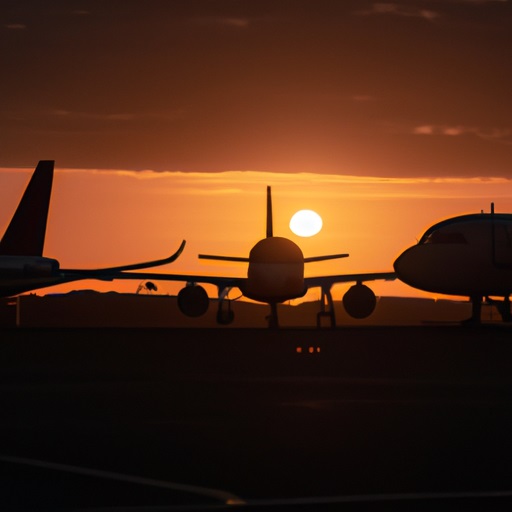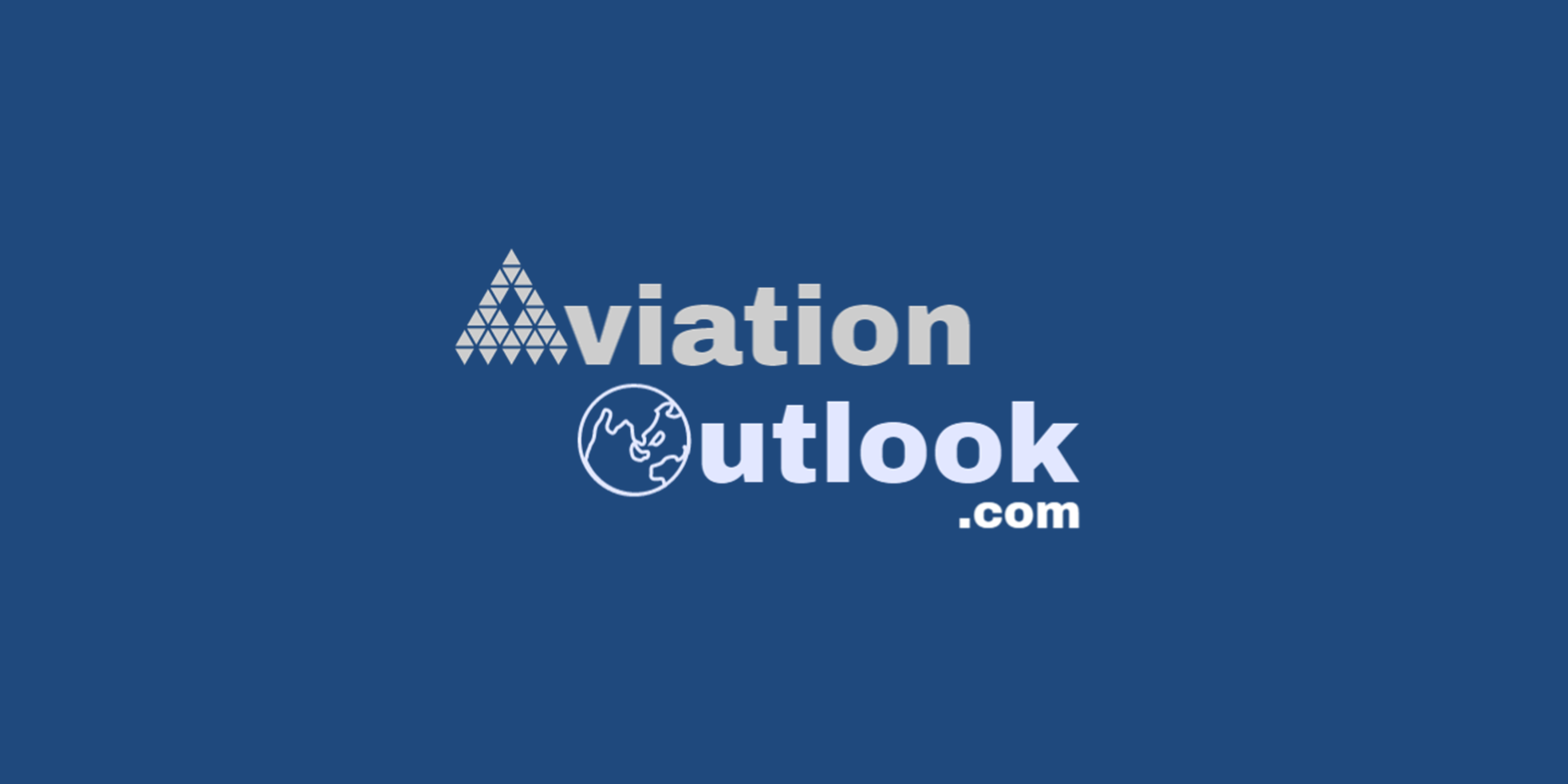
How to Solve Airline Revenue Leakage Problems
Airline revenue leakage is a critical issue that airlines confront, and it refers to the inadvertent loss of revenue due to inefficiencies or errors in the processes of booking, ticketing, or billing. Given the highly competitive nature of the aviation industry, revenue leakage can significantly impact an airline’s profitability and competitiveness.
This article delves into the common causes and types of revenue leakage and proposes effective strategies and solutions to prevent or minimize their occurrence. By adopting a proactive and holistic approach, airlines can safeguard their revenue cycle from these financial pitfalls.
Understanding the Causes and Types of Airline Revenue Leakage
Revenue leakage can manifest at any point in the airline revenue cycle, from the moment a customer makes a reservation to the final settlement of the ticket. Understanding the common causes and types of revenue leakage can help airlines devise robust measures to plug these leakages.
Booking Errors
Booking errors are among the most common causes of revenue leakage. These could involve inaccuracies or discrepancies in the booking data, such as erroneous fare codes, passenger names, flight numbers, or dates.
Such mistakes can lead to overbooking, underbooking, or misallocation of seats, resulting in lost revenue or the additional burden of compensation costs.
Ticketing Errors
Ticketing errors often occur during the ticket issuance or validation process. These could include incorrect taxes, fees, commissions, discounts, or refunds. Such errors can lead to scenarios of undercharging or overcharging and even instances of fraud, thereby adversely affecting the airline’s revenue and reputation.
Billing Errors
Billing errors refer to inaccuracies or delays in the invoicing or reconciliation process. These could involve incorrect interline settlements, currency conversions, exchange rates, or payment methods. Billing errors can precipitate disputes, penalties, or cash flow issues for the airline, causing substantial revenue leakage.
Revenue Integrity Violations
Revenue integrity violations encompass both intentional and unintentional actions by customers or agents that infringe upon the airline’s fare rules or policies. This category includes no-shows, cancellations, changes, duplicate bookings, hidden city ticketing, or cross-border selling. Such violations can diminish the yield and load factor of the airline, leading to significant revenue loss.
How Can Airlines Prevent or Minimize Revenue Leakage?
Preventing or minimizing revenue leakage requires airlines to adopt a proactive and holistic approach that covers the entire revenue cycle. Below, we highlight the key steps and solutions that airlines can implement.
Data Quality Management
One crucial step towards combating revenue leakage is ensuring the quality of booking, ticketing, and billing data. Airlines must ensure their data are accurate, complete, and consistent across all channels and systems.
This can be achieved by deploying various data management tools for data validation, cleansing, and integration and establishing data governance frameworks.
Revenue Integrity Management
Monitoring and enforcing fare rules and policies across all channels and segments is another critical step in minimizing revenue leakage. Airlines can employ revenue integrity tools, revenue protection tools, and revenue optimization tools for this purpose. Additionally, conducting regular revenue assurance audits can help identify and rectify sources of revenue leakage.
Revenue Accounting Management
Streamlining and automating the invoicing and reconciliation processes is essential for ensuring the timely and accurate settlement of tickets.
Airlines can use revenue accounting tools, revenue recognition tools, revenue recovery tools, and revenue analytics tools to manage their revenue accounts effectively, thereby preventing potential revenue leakage.
Also Read: Airline Revenue Management
Advanced Techniques and Technologies to Combat Airline Revenue Leakage
As the aviation industry evolves, so too do the methods and technologies used to combat revenue leakage. In recent years, advanced analytics, machine learning, and artificial intelligence (AI) have begun to play significant roles in detecting and preventing revenue leakage.
Advanced Analytics
Advanced analytics can be a powerful tool for airlines to identify patterns and trends in their data that could indicate potential areas of revenue leakage. By using statistical analysis, predictive modeling, and data mining techniques, airlines can uncover hidden insights in their data that can help them make more informed decisions about their operations and pricing strategies.
Machine Learning:
Machine learning algorithms can be trained to automatically detect anomalies or inconsistencies in booking, ticketing, and billing data that might indicate revenue leakage. These algorithms can learn from past data and improve over time, making them more accurate and efficient at identifying potential revenue leakage.
Artificial Intelligence
AI can be used to automate many of the processes involved in detecting and preventing revenue leakage. For example, AI-powered chatbots can handle customer inquiries and resolve booking errors, while AI-driven systems can monitor fare rules and ensure that they are being applied consistently and correctly.
Future Trends and Challenges in Revenue Leakage Management
As the aviation industry continues to grow and evolve, new trends and challenges are emerging that could impact the management of airline revenue leakage.
These include the increasing complexity of fare rules and booking systems, the growing use of online and mobile booking channels, and customers’ rising expectations for personalized and flexible services.
To stay ahead of these trends and challenges, airlines will need to continue investing in advanced technologies and strategies for revenue leakage management. They will also need to focus on improving their operational efficiency, customer service, and data management capabilities.
Final Thoughts
While revenue leakage is a persistent challenge in the airline industry, it can be effectively managed and minimized with the right strategies and technologies. By understanding the causes of revenue leakage, implementing robust measures to prevent it, and embracing advanced analytics and AI, airlines can protect their revenue, enhance their competitiveness, and ensure their long-term success in the market.





